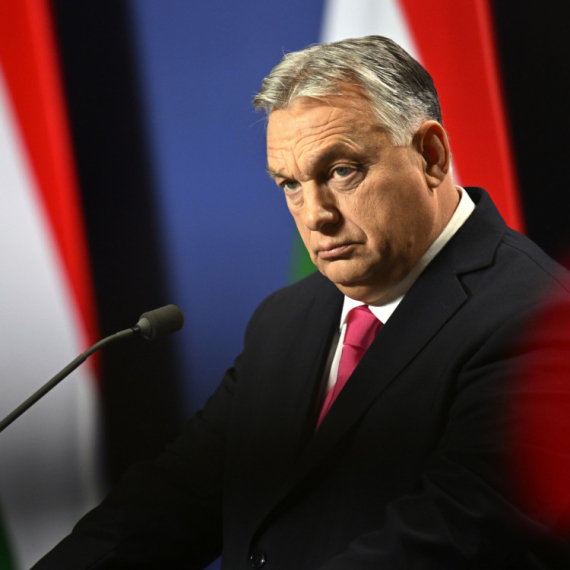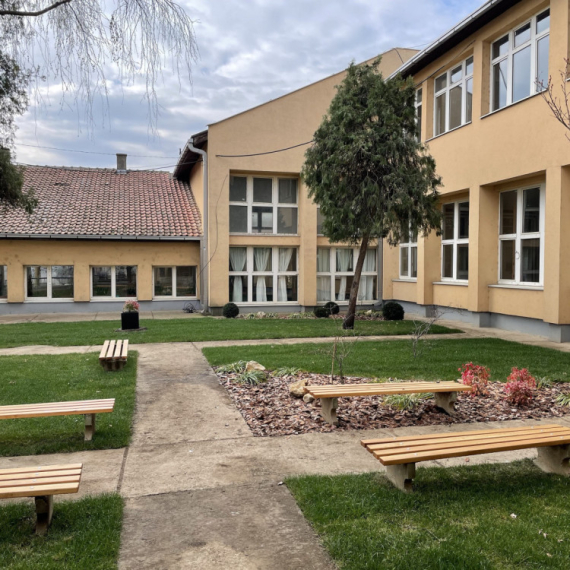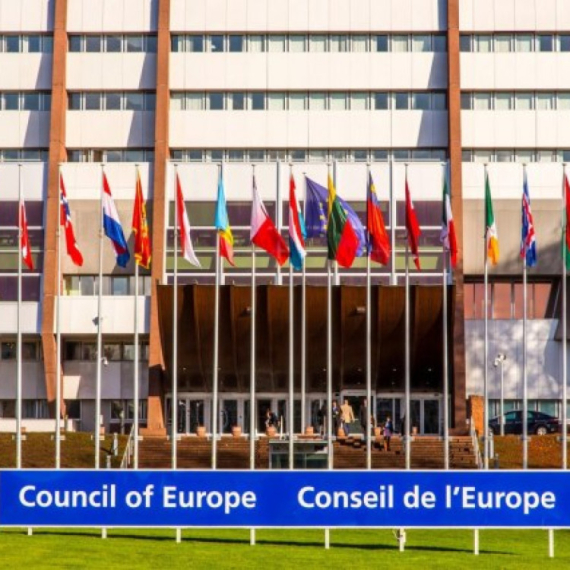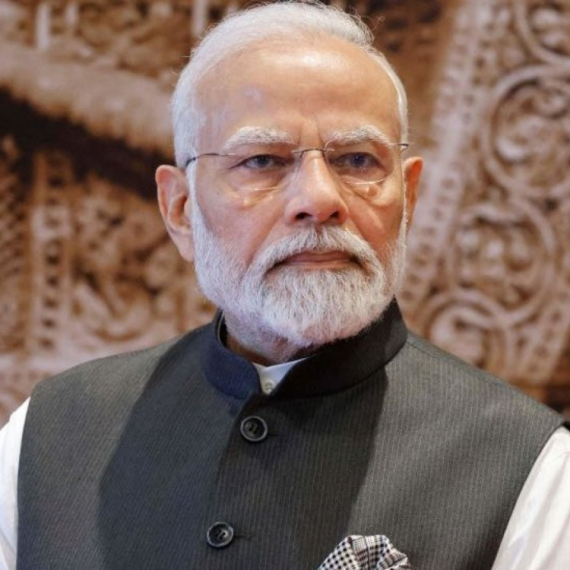EU "praises Serbia's economic growth, outlines challenges"
The EU has praised Serbia's economic growth, outlining challenges regarding structural reforms and competitiveness.
Wednesday, 24.05.2017.
14:32

EU "praises Serbia's economic growth, outlines challenges"
The annual dialogue on economic policy that took place on Tuesday was attended by officials of EU member states, Western Balkan countries, Turkey, the European Commission and the European Central Bank, as well as by officials of the central banks of Western Balkan countries and Turkey.Serbia was represented by Finance Minister Dusan Vujovic and Governor of the National bank of Serbia Jorgovanka Tabakovic, the Finance Ministry said in a statement.
"The representatives concluded the meeting with a set of country-specific targeted policy guidance to support efforts towards fulfilling the Copenhagen economic criteria, focusing in particular on measures to improve macro-fiscal stability and competitiveness. The conclusions for Serbia very positively assess the economic growth in 2016 and the strong fiscal consolidation that the country implemented in the past year. In addition, financial stability, especially with a decline in non-performing loans, is preserved. However, structural obstacles to growth and competitiveness remain a challenge, including reducing the role of the state in the economy," the statement said.
Six Serbia-specific policy recommendations were agreed upon, focusing on the need to continue reducing the budget deficit in 2017 and over the medium term, and in this context, reforms of the state-owned enterprises, including the announced restructuring of Srbijagas and implementing the EPS optimization plan, and reinvigorating the reform of the tax administration were stressed.
Serbia should also implement the remaining measures of the strategy for resolution of non-performing loans, continue efforts aimed at promoting the use of the dinar, finalize the reform and privatization of the two large state-owned banks, and find a solution for the remaining small state-owned banks.
According to the recommendations, Serbia needs to increase the efficiency of the energy sector, notably by gradually adjusting electricity tariffs to reflect actual costs and by improving payment collection of energy bills, and to improve the business environment by better regulating parafiscal charges and inspections and facilitating access to finance.
Reducing non-wage labor costs, targeting active labor market measures to vulnerable groups and introducing dual learning in education were also identified as measures needed to boost private sector development.
"The joint conclusions recognize the progress Serbia has achieved in implementing economic reforms and improving economic governance in general," Vujovic said, and added:
"The economic recovery which started in 2015, was further accelerated in 2016 resulting in a GDP growth rate of 2.8 percent. Improvements in twin deficits (fiscal and external) and low inflation made 2016 the most successful year for the Serbian economy since the global financial crises. Our goal is to maintain strong macroeconomic stability and to persist with the implementation of pending structural reforms, especially those regarding state owned enterprises and non-performing loans, to achieve sustainable medium term growth."
In that context, the minister said, the Economic Reform Program "helps us prioritize the use of public resources and further the quality of economic governance to increase competitiveness and remove barriers to growth, while observing sound fiscal rules and anchoring consolidation efforts achieved thus far."
"As acknowledged by the ECB and EC, Serbia made significant progress in 2016 in macroeconomic stabilization and the reduction of internal and external vulnerabilities," Tabakovic remarked.
"We preserved the price stability in Serbia and made the decision to lower the inflation target from four percent to three percent +/- 1.5 pp. The key policy rate was lowered further in 2016, to its lowest level, while insuring full coordination between monetary and fiscal policy measures. We preserved stability at the foreign exchange market, supported also by reduced imbalances and strengthened export performance of our economy. dinarization will remain one of our priorities and we are already seeing that more than 70 percent of new loans to households were in dinars, with the EBRD issued the first three-year dinar bond," she said, and added:
"Regarding non-performing loans resolution, we agree with the assessment given that - the non-performing loan resolution made considerable progress during 2016, which confirms that non-performing loan Strategy in Serbia identified and tackled the right impediments. Owing to the results, Moody's upgraded Serbia's credit rating, while Serbia's risk premium reached its ten-year low during the last few months. A lot has been done, and also work remains ahead of us."
According to the Serbian Finance Ministry, acting head of the EU Delegation to Serbia Oskar Benedikt stressed that the conclusions "clearly recognize the important steps forward that Serbia made in achieving economic growth and macro-fiscal stability."
"Serbia needs to continue reforms in an ambitious way, particularly when tackling structural reforms, and creating a better business environment that will in turn increase growth and create new jobs," Benedikt said.


























































Komentari 5
Pogledaj komentare